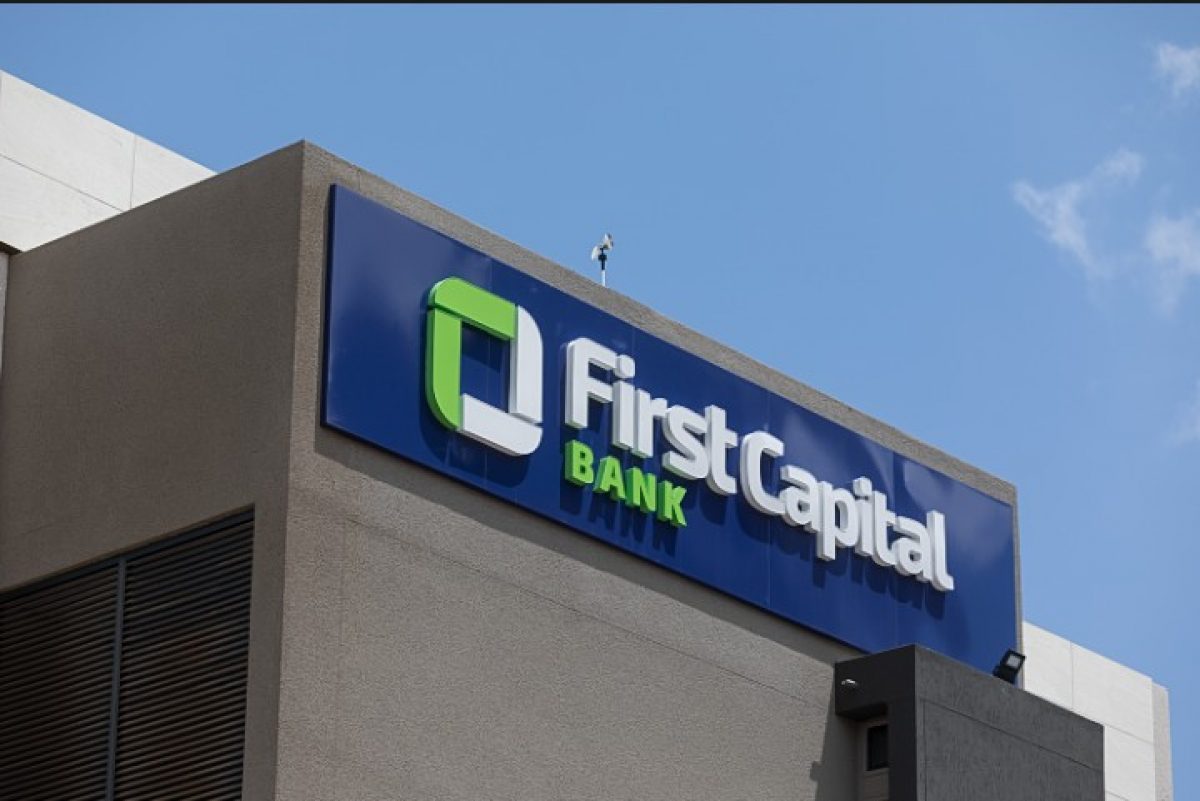First Capital Bank records $2,4 billion Q1 income
FIRST Capital Bank (FCB) Limited has recorded $2,4 billion total income for the first quarter of 2022 compared to $1,7 billion realised during the same period last year.
In its first quarter trading update, FCB said the income jump was driven by strong performance in both net interest income and non-funded income, which increased by 37 percent and 36 percent respectively on the back of an increase in underlying business and customer transactions in the wake of reduced Covid-19 restrictive measures.
“The bank’s total income for the first quarter 2022, at $2,4 billion was 37 percent ahead of the $1,7 billion posted for the comparative period in 2021,” acting company secretary, Mrs Sarudzai Binha, said in a statement.
“About 20 percent of the bank’s income for the quarter was earned in foreign currency with the business outlook suggesting an increased contribution going forward.”
FCB also said it experienced 18 percent increase in operating expenses, reaching $1,4 billion in the first quarter of 2022 compared to $1,2 billion recorded same time in 2021.
“The bank recorded profit before taxation of $522,8 million for the quarter, a 349 percent increase from the $116,4 million recorded in the corresponding period in 2021,” said Mrs Binha.
“Total assets increased in real terms by 29 percent on year-to-year.
However, on a year-to-date basis, the balance sheet has remained largely flat between December 2021 and March 2022 with total assets increasing by two percent, deposits increasing by two percent while equity reduced by five percent, following adjustment for the 2021 final dividend of $834 million.”
The financial services institution noted the measures taken by the Reserve Bank of Zimbabwe (RBZ) to contain inflation and hoped these would continue to stabilise the market.
The measures are expected to slow down balance sheet expansion in the financial sector. On outlook, FCB said “the bank expects the aggressive liquidity mop-up and high interest regime to subsist up to the end of the year as a way of neutralising inflation pressure from an otherwise expansionary fiscal posture arising from the need to restore basic infrastructure and to support social funding against projected food shortages following a below par agriculture season”.-The Chronicle









